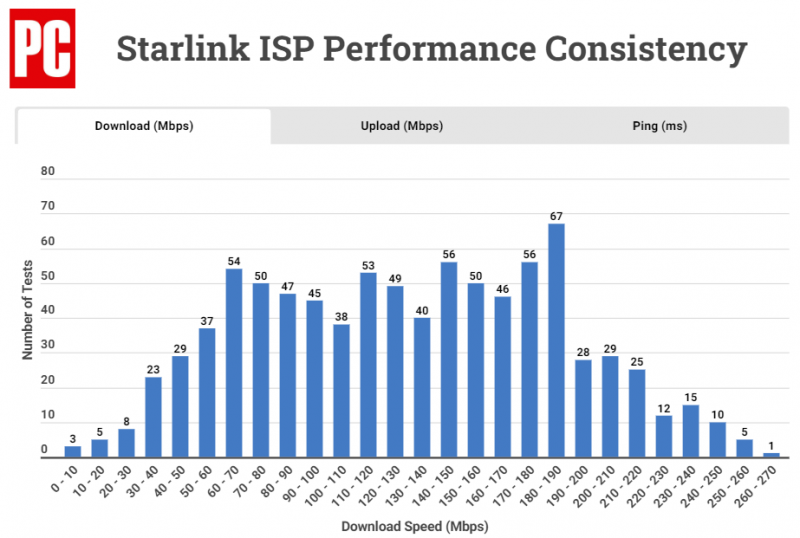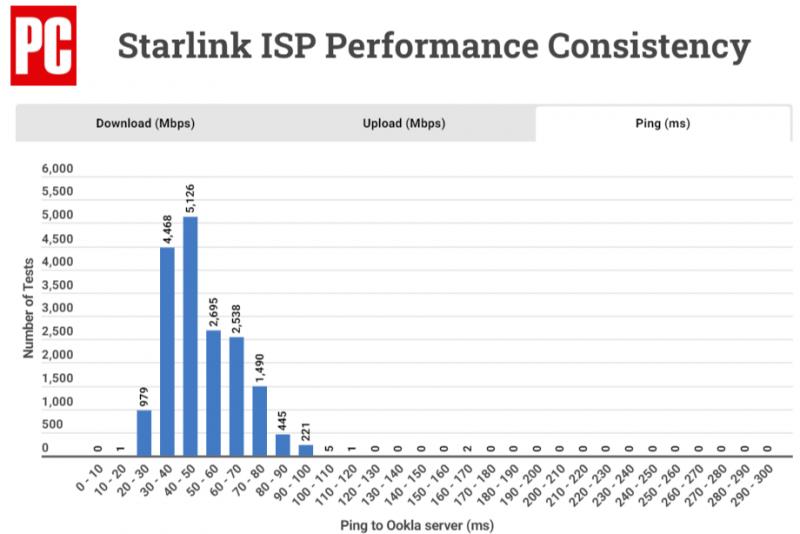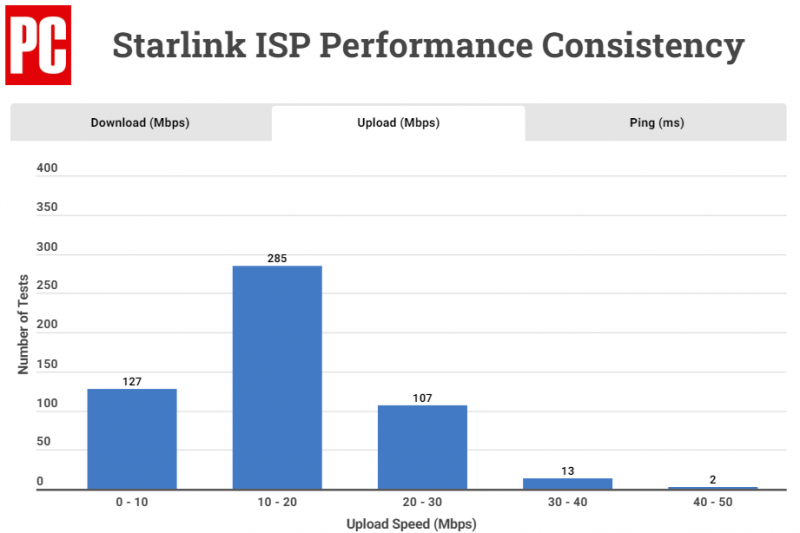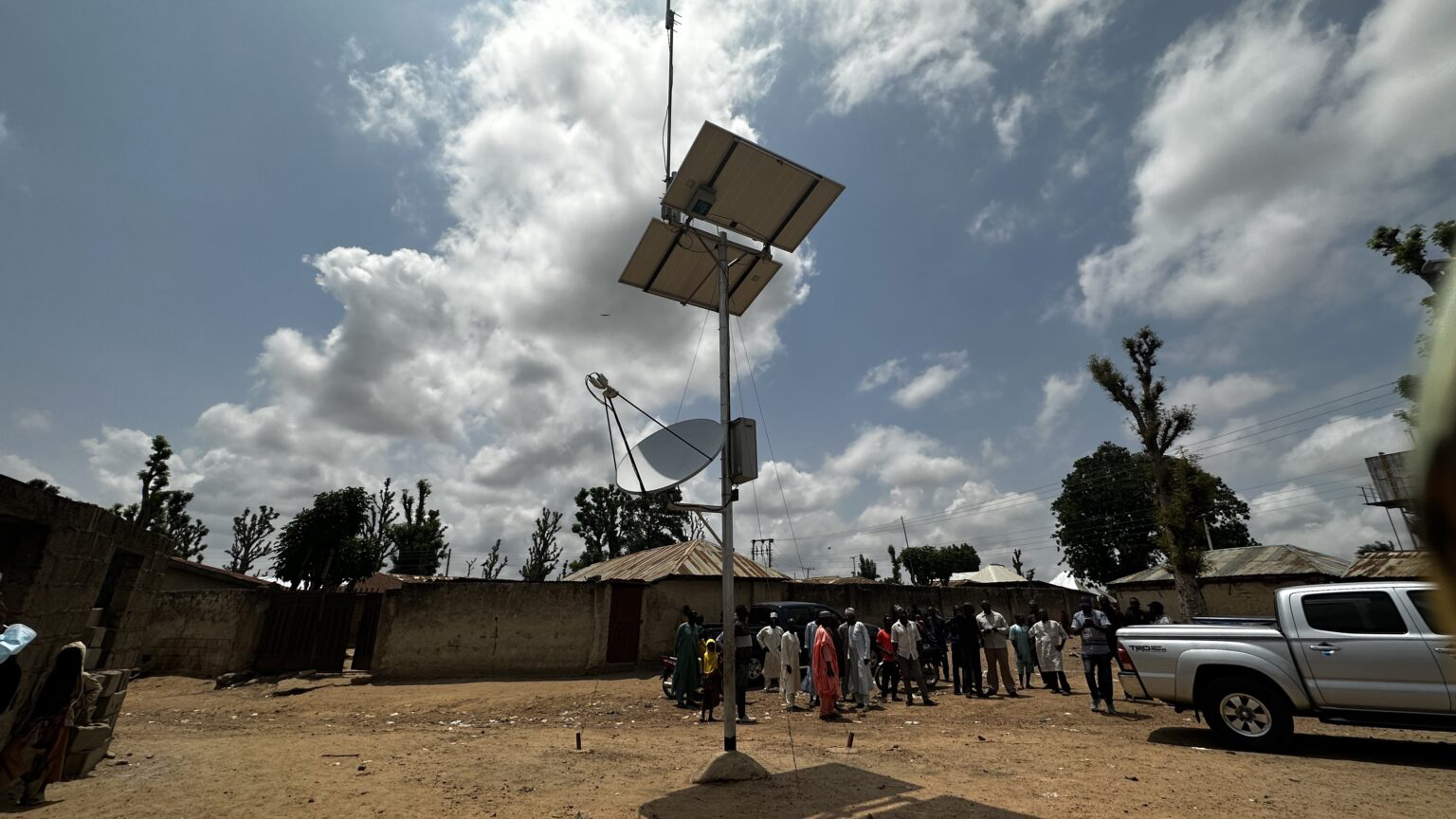Zimbabweans are eager to have Starlink internet, and for good reason. The excitement has only grown as we have seen neighbouring countries, such as Zambia, start using the service.
Apparently, some politicians do not seem to understand why we can’t wait for the service to arrive. For their sake, let us remind each other why Starlink is a big deal.
First, we need to keep the following stats in mind:
- The internet penetration rate is approximately 65.2%, but the accuracy of this number is uncertain due to people sharing devices and being counted multiple times (multiple device owners).
- The mobile penetration rate in the country is 91.9%. However, a significant number of phones in use are feature phones which do not support internet access. As a result, only 58.8% of households have access to smartphones.
- Many people’s internet use does not extend beyond WhatsApp and a few other social media sites.
Increased internet access
Starlink will provide Zimbabweans with access to high-speed internet, which is currently unavailable in many parts of the country. Just over 98% of the internet connections in the country are on mobile, which has become unreliable over the years, not to mention expensive.
While Econet and NetOne’s coverage maps could be considered impressive, there are still many places without adequate coverage today. We all experience this when we go to rural areas and are forced to hike to high places to check our emails.
Starlink covers 100% of the country. There is not a single isolated hut in the middle of nowhere that Starlink does not cover.
We shan’t get into the benefits that internet access brings but in short, this will open up new opportunities for Zimbabweans regarding education, employment, and entertainment.
Affordable internet
Starlink will offer a cheaper alternative compared to current internet service providers (ISPs) in Zimbabwe. This will make it more accessible to Zimbabweans of all income levels.
However, it should be noted that while Starlink may be considered affordable in contrast to the rates charged by traditional ISPs, it may still be out of reach for a significant portion of the population because of the low incomes that Zimbabweans earn.
Using Starlink internet requires a one-time purchase of the kit and an ongoing monthly subscription fee. In Zambia, the kit costs about $500 and the subscription is about $24. We hope it will cost about the same in Zimbabwe.
The $500 price tag for the Starlink kit means that most people who currently do not have internet access will not be able to afford it. We can discuss the possibility of banks or microfinance institutions providing financial assistance for purchases, but this would still be a significant financial burden for many people.
I believe that the people who are most excited about and able to afford Starlink kits are those who already have decent internet coverage. People who are currently paying around $160 (ZW$1m) per month for Liquid Home’s cheapest uncapped package or $245 for Telone’s will appreciate Starlink the most.
The numbers
If you are currently a TelOne customer, you can save up for the Starlink kit by not paying your bill for two months. Once you have purchased the Starlink kit, you will only need to pay $24 per month for the subscription, which is a significant savings compared to the $245 per month you are currently paying.
In just the first four months of using Starlink, here’s how it would look compared to sticking with Liquid and TelOne, for example:
- Telone – $245*4 = $735
- Liquid – $160*4 = $640
- Starlink – $505+(24*4) = $601
Switching to Starlink will save you more money the longer you use it. It’s a no-brainer.
People in areas without fibre or ADSL internet must rely on mobile broadband. Mobile operators offer data plans for these people, such as Econet’s Private WiFi bundles.
The cost of getting a SIM card is negligible but you will pay $26.50 to get 20GB from Econet. That’s quite the difference from the $24 for unlimited data that Starlink offers.
Hospitals, schools etc
We were looking at individuals trying to get Starlink kits. Indeed, many in remote areas won’t be able to afford it.
However, in those areas where it doesn’t make business sense for our internet service providers to lay fibre optic cables or install and maintain base stations, the government itself could utilise Starlink to cater to those citizens.
Other organisations, including the maligned NGOs, may also help provide internet access to hospitals, schools, community centres and more using Starlink.
So, while individuals may not be able to afford it, they will benefit greatly from Starlink.
We have seen how AMN using Starlink to expand mobile networks in underserved parts of Africa. That is something Zimbabwe sorely needs.
Reliable internet
We expect Starlink to be more reliable than traditional ISPs in Zimbabwe. This is important for businesses and individuals who rely on the internet for their work or studies.
It is wild that we would consider satellite internet to be more reliable than a fibre connection. However, 2023 has not been kind to Liquid Home who seem to have fibre breaks every other month. We don’t need to stab at your TelOne ADSL unreliability wounds.
Check out the performance consistency tests that were run by PCMag earlier this year:



The bulk of recorded download-speed tests fell between the 50Mbps and 200Mbps whilst uploads were between 10 and 20Mbps. On latency, most tests fell between 20 and 50 milliseconds.
Try getting that with your Econet or NetOne line. You won’t get those speeds and you won’t get the reliability. Unfortunately, the same pretty much applies to our fixed internet options.
Sorely needed
Not everyone will be able to afford Starlink but its entrance into the market will benefit everyone. We need some competition from a foreign player in the internet provision game in this country.
For too long we have listened to the ‘Oh, but it’s tough to operate in Zimbabwe’ cries. That’s undeniably true but why should we bear that?
If we considered internet access as the infrastructure that it is, we would not dilly-dally in licensing Starlink. We would waive licence fees and get it here as soon as possible. We would not try to politicise things as the former ICT Minister Supa Mandiwanzira is trying to do. That discussion deserves its own article.
Also read:
Zimbabwe has received Starlink’s application for an operator’s license – Jenfan Muswere
Zim regulator warns against using Starlink without their permission, Zimbos unlikely to heed it

38 comments
What’s the hold up?
Gvmnt
Gvmnt
Problem is our government cries out loud for “Zimbabwe open for business ” mantra but its Ts &Cs make it unfavourable for these outside ventures to set foot and run their businesses. There are certain people who simply want to be part and parcel of every investment and claim a bigger chunk in shares and yet contribute little or nothing for that matter. In as much as these businesses want to provide services that are affordable and within reach of majority of consumers, they are forced to hike by these unscrupulous government individuals (you know who) in order to make profits.
Very true 3man. There are Mphoko types who want to get shares without paying a single $50 Bond note to the foreign companies.
The problem is some politicians fear the influence of starlink in their bare knuckle politics, some resistance might also be coming from established ISPs like econet and telnet who wud want to protect their “mediocrity “
the hold up is z a n u pf and the “once-every-5-years-free-chicken-&-coke” gang of z a n o i d s
Will it create employment and how?
Access to internet should be a necessity not a privilege
Trust me the internet itself has plenty of job opportunities if you know were to look or what to do with it.
If you are talking local direct employment, it will likely be statistically insignificant. If you are talking about the opportunities the service can bring, it may be greater than you think. There are people and places with potential they can’t fully explore because local ISPs can’t or won’t service them. Starlink is an opportunity for them to work and grow where they are and where they can have more impact. Even if it is just for household use, imagine the powerful exposure kids and adults in those homes will gain. They’ll be aware of and positioned to exploit global opportunities to thrive from their bedrooms.
Supa akasabhotazha umwe wake, nokuti iye akajhambwa nekombiyuta.
Imagine leonard…..Sengezo just popped up from nowhere & recalled my MP
Me too , MP was recalled. Absolute bull***. Although I doubt it would have made any difference.
😡
It’s a threat to local ISPs and it might just cost some people their jobs. Besides that it’s awesome I don’t remember getting internet speeds anywhere close to 10MBps here in Zimbabwe.
Competition is not a threat
Not when they have such low pricing
I think the equipment cost is a fair enough natural barrier. As much as I evangelise for StarLink, I’ll likely never be able to afford it outright. That doesn’t make it useless or irrelevant. Against competitors with similar equipment costs, it will force them to bring to the table a refined offering. A part of that might mean negotiating better upstream deals, rationalising their staffing, refining processes, merging with alleged competitors, cutting frivolous spending, investing in equipment from the current decade, enacting paycuts… anything to stay in the game. Yes, a lot of these things will not be pleasent for these companies. Contracts will be lost, profits might dip in the short-term and some might not survive. That’s just how it is on the open market. We can’t hold back so many for the sake of a few too entrenched to even try to compete.
Competition is healthy and guys we are from afar when you think of dongles and that we have been promised about speeds which tends to be speed limits. Starlink do your survey and you will be surprised by positive response from people like me. GET INTO THE LEAGUE.
Does the modem not have to be reregistered every two months in its country of origin ?
Is starlink an Internet service provider or it’s a network service provider
Coz I see Google, Macintosh, Apple as independent of each other
What is it exactly
It connects you to the internet and sells you the data for use on their compact and very portable satellite receiver you will have purchased from them.
Yes. That is currently the most affordable workaround (some who live literally right on the moza border are reportedly getting away with it though). You could also pay for a package that lets you roam around the world, but it’s more expensive and you likely still need to sign up from an approved territory.
With no loopholes for getting a cut, no decision maker seems to be interested in pursuing Starlink’s application. With no chance of getting free shares, no chance of getting free data, no chance of a political party being funded and not a dream of raising competition to counter the service being provided from inaccessible equipment, noone will have an interest in it! If only they knew the relationship between internet availability levels versus the GDP, if the old legislators only knew that internet is more than WhatsApp, more than information sharing and sending of nudes, they would have invited him to apply with an acceptance already available. If it is a case of wanting to have access to the on off switch when convenient, then it is a case of closing the barn doors when the horses have bolted!
This is more than the true truth. Well said D.K.
Your comment answers even questions that have not yet been asked.
#DIGITALISATION
Politics just delaying this. If StarLink was a Chinese company, they (parliamentarians) would have cut many corners to have it operating. Our politicians are just being Anti-American
Truth!
I think Starlink will be the best foot forward in our country. As the cost of installation is relatively cheaper than cabling (fiber or copper) for the most remote parts of the country. We have our fingers crossed for it to be licensed so we can have a competitive market for both price and service. Also the review on tax for data which I believe has the huge bearing on prices currently obtaining in the market.
Last week, we had a mini family reunion tour, and during that whirlwind trip, we came to my sekurus farm. It was less than 40km out of town but there was no 4g, no fibre, no copper. What the actual?! Sekuru has to stand in the right spot well outside his property to receive WhatsApp. My cousins have to rent offices close to town to stay reliably reachable for business. ISPS feel the area is not worth the effort… When I told Sekuru about StarLink, his eyes visibly lit up! His business sense instantly saw the transformational potential of this tech, even if he would have to take his set on visitation every 2 months if Zanu keeps zanuing. Imagine, how many people like him have an immediate, turn key commercial use case? How many commercial use cases will have trickle down effects for workers and their communities? How many people will have better than zero access to information that could be transformational?
Unleash the Musk and you unleash a portion of Zims trapped potential. It’s a no-brainer!
When it comes i wish a company in Zimbabwe will see this as an Opportunity and give it out on Installments
Liquid 1500 usd for an installation 50meters away from fibre and then after that 400+ usd per month. Starlink 📡 is God sent
Starlink is good but it is only good to those who were managing fibre only coz who can pay $500 while his salary is jus $250 what they just need to do now is to join econet and netone as network provider and also internet provider so that econet and netone will realize that there is now competition
The problem is some politicians fear the influence of starlink in their bare knuckle politics, some resistance might also be coming from established ISPs like econet and telnet who wud want to protect their “mediocrity “
Netone*
l work remotely and its real pain to work with the ISP its frustrating though , its a software developer job and l need fast internet to clone project , meetings
kushandisa hedu dziripo asi dzorwadza , hope starlink will be approved fast
Has. portraz approved or it going to the Strive Masiwa saga again
Good take on that report